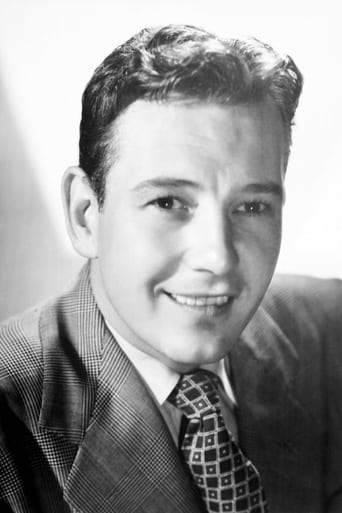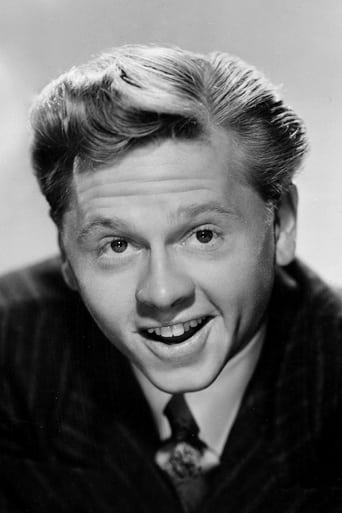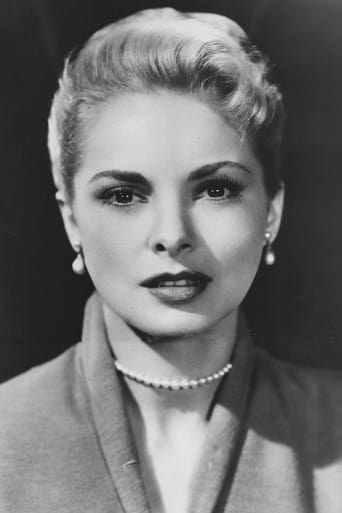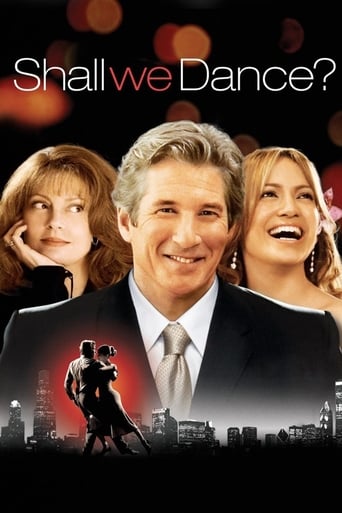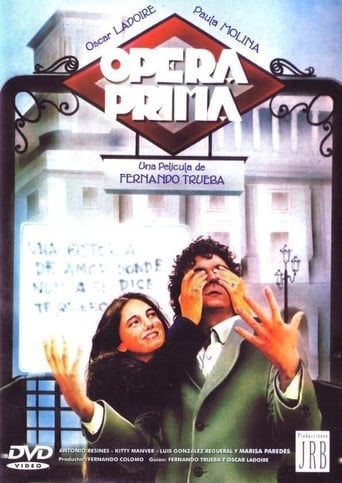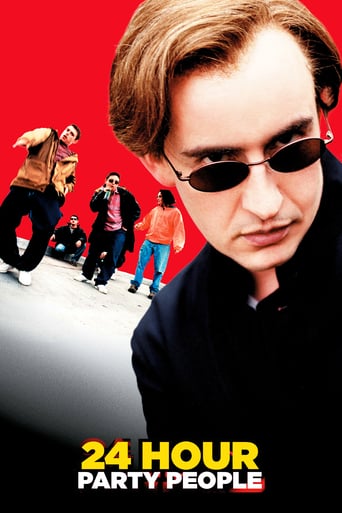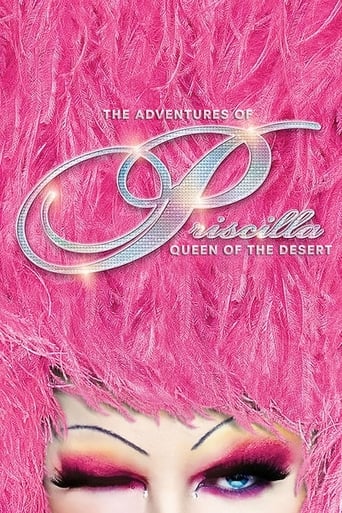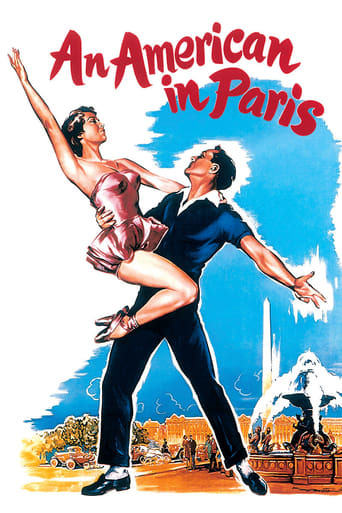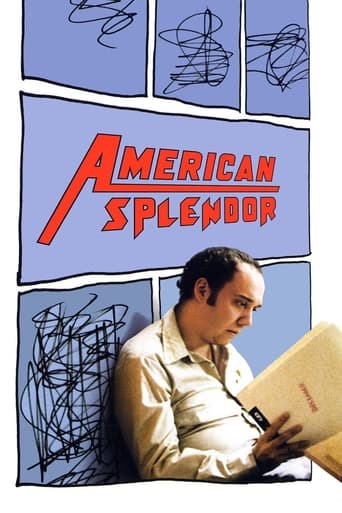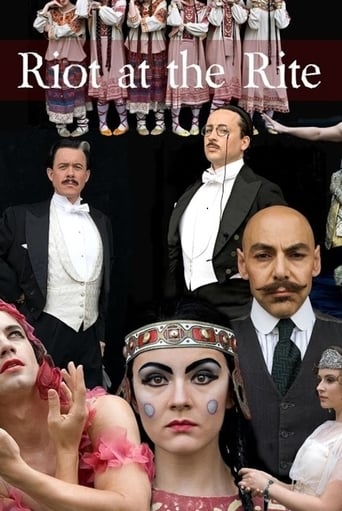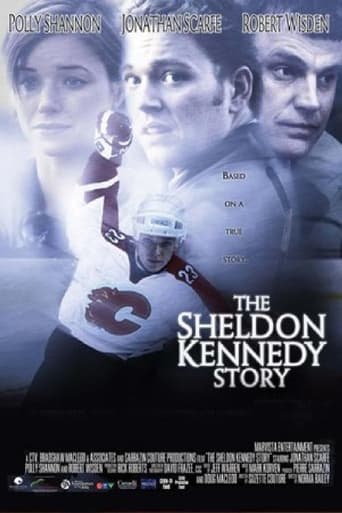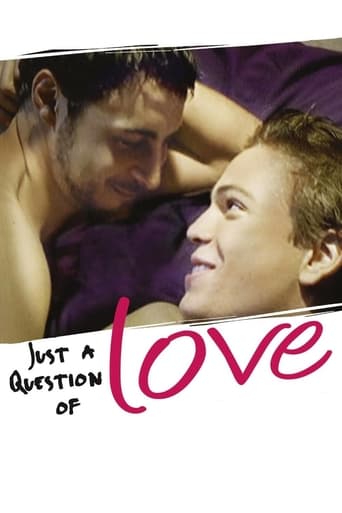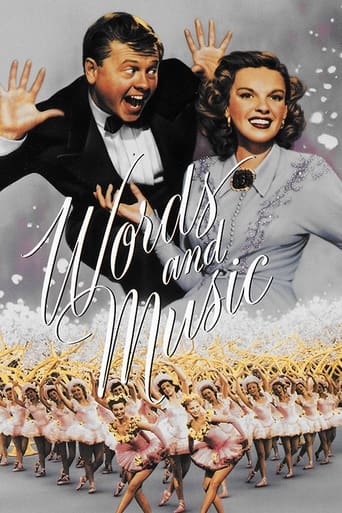
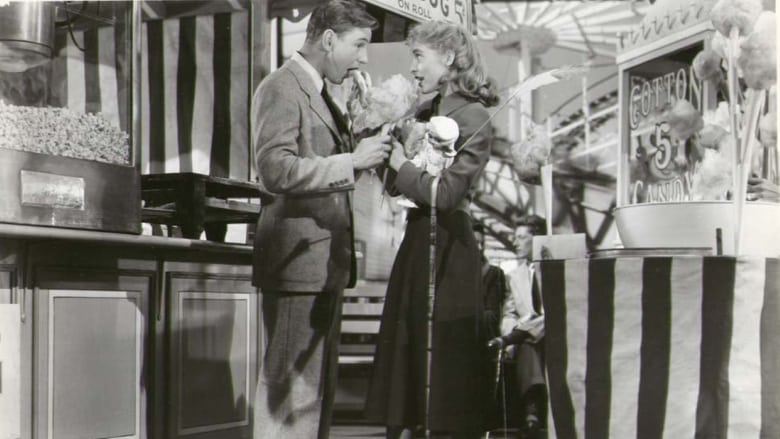
Words and Music (1948)
Encomium to Larry Hart (1895-1943), seen through the fictive eyes of his song-writing partner, Richard Rodgers (1902-1979): from their first meeting, through lean years and their breakthrough, to their successes on Broadway, London, and Hollywood. We see the fruits of Hart and Rodgers' collaboration - elaborately staged numbers from their plays, characters' visits to night clubs, and impromptu performances at parties. We also see Larry's scattered approach to life, his failed love with Peggy McNeil, his unhappiness, and Richard's successful wooing of Dorothy Feiner.
Watch Trailer
Cast
Similar titles
Reviews
hyped garbage
Good , But It Is Overrated By Some
what a terribly boring film. I'm sorry but this is absolutely not deserving of best picture and will be forgotten quickly. Entertaining and engaging cinema? No. Nothing performances with flat faces and mistaking silence for subtlety.
The film never slows down or bores, plunging from one harrowing sequence to the next.
Words and Music is one of those films that is heavily flawed but is still a pleasure to watch. The failures are mainly to do with the biographical parts, with anachronistic and rather stilted dialogue, an underwritten and stodgily paced story that takes truth liberties to the extent that Richard Rodgers and Lorenz Hart just don't seem very interesting and the heavier dramatic elements seemed on the ham-fisted side. Unfortunately there are also casting issues too. Tom Drake is so restrained as Rodgers that he comes across as colourless, especially when compared to Mickey Rooney who chews the scenery to pieces with the subtlety of a sledgehammer that seems at odds with the rest of the film. Janet Leigh also has very little to do and her performance doesn't register as a result. The film has lovely sets and costumes though and the cinematography is very nicely done. The music is top drawer with witty lyrics and melodies that are both beautiful and catchy. The choreography brims with sharpness and nostalgia too, and several of the performers are great. Of the musical numbers, my personal highlight was Slaughter on 10th Avenue, utter class of the highest order and danced to perfection by Gene Kelly and Vera-Ellen. Very close is Thou Swell, June Allyson performs it with such lively energy, and you have to love the Blackburn Twins' coyness. Blue Room benefits from Perry Como's sensitive singing and Cyd Charise is able to show her elegant dancing and long legs just as beautifully. Mel Torme's rendition of Blue Moon is incredibly touching, as is Judy Garland and Rooney's(his best moment in the film easily) reunion rendition of I Wish I Were in Love Again. Garland's Johnny One-Note charms too and Lena Horne's The Lady is a Tramp is a winner. All in all, the biographical elements don't really work but the musical numbers do and the best ones(Slaughter on 10th Avenue and Thou Swell) are outstanding. 6.5/10 Bethany Cox
In 1948, you couldn't make a biography of the true story of Lorenz Hart. That couldn't be done because of a little line in the Hays code that stated basically that any reference to homosexuality could not be presented on screen. So the very heterosexual Mickey Rooney was cast as Hart, and is still presented as troubled (insecure because of his height and lack of success with women, he turns to alcohol) while Tom Drake as Richard Rodgers is presented as very happily married and successful. That's basically all that happens, and in one of the lamest excuses for a guest appearance in a musical, Judy Garland (at 26 in 1948) meets Hart in a year when she was approximately 18 or 19, just so Rooney and Garland can share a duet.Certainly that duet ("I Wish I Were in Love Again") is magic, as is Judy's other song ("Johnny One Note"), but unlike "Till the Clouds Roll By" (where she portrayed Marilyn Miller), she isn't out of place dramatically and historically in the film. Yes, just two years before, we were all supposed to believe that Cary Grant was Cole Porter in "Night and Day", another mediocre musical biography saved only for its cast and its songs. So here, it's just a parade of Rodgers and Hart's best songs sung by MGM's top stars. You do get a full chance to see Gene Kelly and Vera-Ellen perform the "Slaughter on Tenth Avenue" ballet from "On Your Toes", June Allyson singin' up slang with "Thou Swell" in "A Connecticut Yankee", and Lena Horne in a nightclub singing "The Lady is a Tramp". Rooney figures out a clever way to introduce us to "Manhattan" (his lyrics basically scribbled all over a menu), while Perry Como ("Mountain Greenery") and Ann Sothern ("Where's That Rainbow"?) give us some obscure songs from forgotten Rodgers and Hart shows.Rooney does get a brief love interest with Betty Garrett's character (supposedly based upon a man in real life), the ending of which sets him up with despair. He puts too much emphasis on the energy in his performance so when his character falls all the way down to ultimate despair, it doesn't come off as true. Some of Rodgers and Hart's best songs are missing (especially some classics from their two best known shoes, "The Boys From Syracuse" and "Pal Joey") and the casting of the dramatic parts seems entirely uninspired. You'll find a lot to like musically in this film, but as a whole, the film has aged as one of MGM's great disappointments, an entirely missed opportunity.
Anyone approaching this film as anything other than a gorgeous wallow through some of the most gossamer light verse welded seamlessly to soaring melodies will be bitterly disappointed. People who admire literate lyrics can't help but place Larry Hart in a three-way tie with Cole Porter and Frank Loesser with Johnny Mercer, Yip Harburg, Noel Coward snapping at their heels and Words and Music lays on a fair sampling of work of a tortured genius although inevitable as many again would still have failed to sate. In terms of actual biographical data however, forget it, there's hardly one authentic fact from beginning to end. This, of course, paves the way for interesting discussion; on the one hand is the school that says, 'look, you've got the songs, what more do you want', on the other 'maybe two per cent of FACT isn't too much to ask for'. I would argue that both schools have been well served elsewhere; I personally own several biographies and/or other works on both Hart alone and Rodgers and Hart and beginning arguably with Ella Fitzgerald's Rodgers and Hart Songbook there are countless albums devoted to the duo. So, what of the film? Presumably Michey Rooney was a shoo-in to play Hart on the basis that like Hart he was both short and musical. Tom Drake is also a good choice to portray Rodgers who, in real life was as colorless as Drake paints him here. This leaves more or less the music and even with great numbers - Isn't It Romantic, Bewitched, My Romance, Little Girl Blue etc conspicuous by their absence it's still a great collection.
I first saw this movie on TV in 1963. I was only 13 years old. What caused me to sit down and watch was the mention of Mel Torme in the opening credits. I had only just become favorably aware of this man's music but had never seen as much as a photo of him.This was my first experience of 'The Musical' genre of film and I was enchanted from beginning to end. Well apart from the Mel Torme bit. I think we got more of Larry Hart looking miserable, and his mother looking out of the window (no doubt wondering when this party was going to end. It's 4am and she probably needed her beauty sleep) than we did of Mel.I was stunned by the brilliant 'Slaughter On 10th Avenue' sequence. There was stuff like this available and yet kids my age were listening to the Beatles? What on earth was wrong with the world? And Lena Horne's out-standing performance of The Lady Is A Tramp just blew me away.Plot? OK it was sanitized but I didn't know that at the time. Homosexuality was never mentioned back then. I just figured that anyone who would write a song like 'My Funny Valentine' would never score with the ladies."Your looks are laughable - unphotographable" Come on. You can't be serious? I finally found this on DVD a few days ago and couldn't believe my luck. I had wanted to see it again ever since reading in Mel Torme's autobiography that he and Richard Rodgers had had a falling out over how to handle the vocals on 'Blue Moon'. Mel had wanted to go with the meaning of the lyrics, example 'you heard me saying a prayer... (pause) for someone I really could care for.Rodgers had insisted that he stick with the rhyme, example you heard me saying a prayer for (pause) someone I really could care for.Sorry, Dick, but I'm with Mel on that one.
